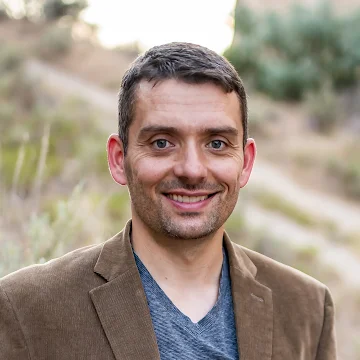
Dr. Dustin Buck
DPT, OCS, FAAOMPT, Cert. HVLAT, Cert. ADN
Dr. Dustin Buck graduated Magna Cum Laude at Brigham Young University with a Bachelor’s degree in Exercise Science (Athletic Training emphasis). He then went on to receive his Doctor of Physical Therapy (DPT) degree from the University of Florida.
After completion of his Doctorate, Dr. Buck continued to advance his professional knowledge by becoming Certified in Spinal Manipulative Therapy (Cert. SMT) and Dry Needling (Cert. DN) through the American Academy of Manipulative Therapy (AAMT). Dr. Buck co-authored a research study on the effectiveness of spinal manipulation versus conventional physical therapy for the treatment of cervicogenic headaches. The results of the study were published worldwide in the online journal BMC Musculoskeletal Disorders in February 2016, and can be accessed here.
Dr. Dustin Buck completed an orthopaedic manual therapy fellowship program in September of 2015 and is recognized as a Fellow of the American Academy of Orthopaedic Manual Physical Therapists (FAAOMPT). Most recently, Dr. Buck took extensive training and passed the orthopaedic specialty exam to be recognized as a Board-Certified Orthopaedic Clinical Specialist (OCS).
Dr. Buck lives with his wife, Kristen, and three children in the Denver, Colorado area, where they have resided since 2019.
Dr. Buck’s treatment philosophy is a “rubber meets the road, cut to the chase” approach. Specifically, he utilizes the procedures of thrust joint manipulation, dry needling, and other therapies in an evidence-based manner to immediately address painful issues and provide a long-term strategy for his patients’ recovery.
The philosophy of IMMT is much the same as his treatment approach: Dr. Buck’s courses allocate the majority of the course time to teaching fundamentals of the skills needed by practitioners in the clinic. This includes both the components of the hands-on skills, and the practical reasoning to apply the skills safely and judiciously on a patient-to-patient basis. To put it simply, although research evidence is a key player in our courses, practical application is king.


